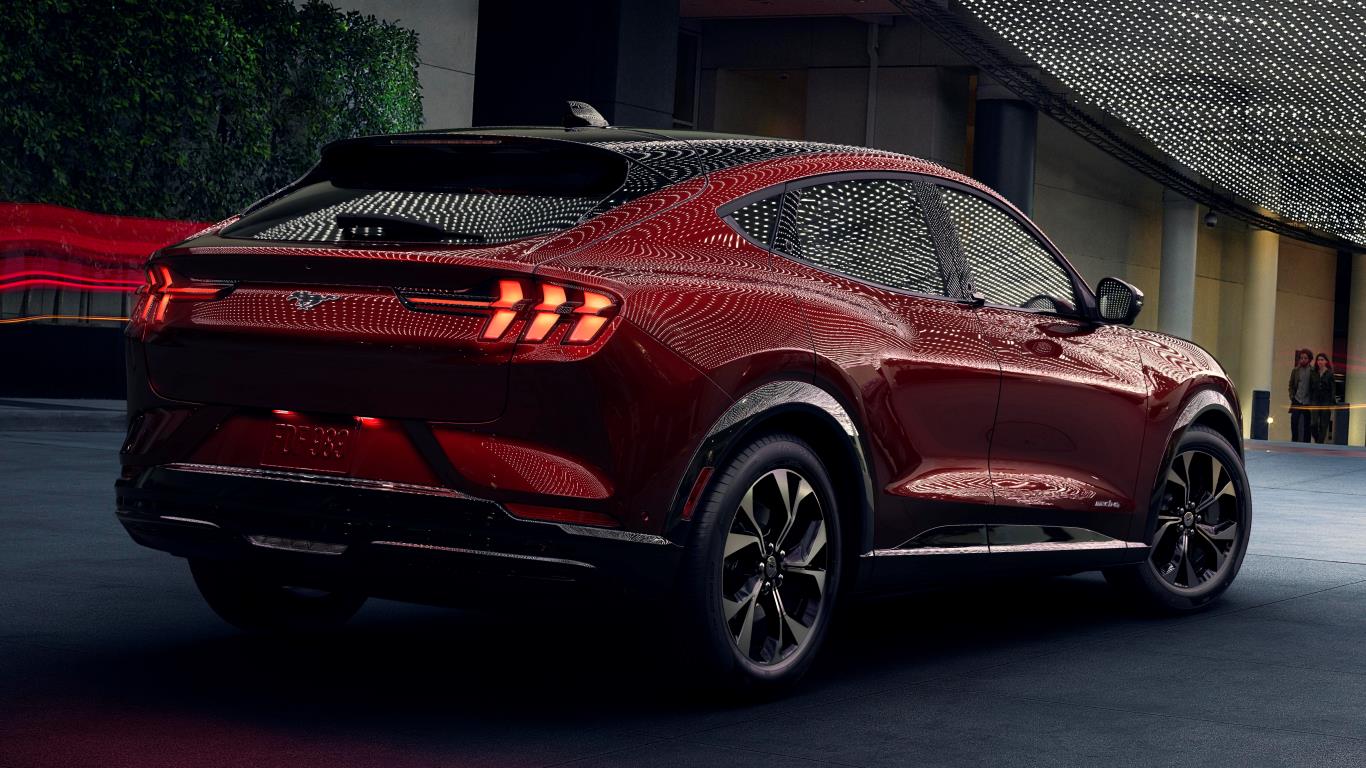
The federal government will start to give electric vehicle (EV) buyers as much as $7,500 to make a purchase. They used to have to wait until they filed their taxes. This makes it more attractive to buy an EV. For Ford, still primarily a gasoline-powered car manufacturer, the news puts it at a disadvantage.
[in-text-ad]
According to “The Wall Street Journal, Starting in January, EV buyers get up to $7,500 off the purchase right at the dealership, rather than wait months until filing their tax return to get the credit, the Internal Revenue Service said Friday.” EV sales at Ford are such a small fraction of sales that buyers will be unable to use that credit on well over 90% of its vehicles.
Ford sold 156,614 vehicles last month. It sold 3,454 Mustang Mach-Es and 1,918 Ford F-150 Lightnings, the Ford EV flagship. Ford will produce hundreds of thousands of EV units less than expected this year. It has said that some of this relates to demand. (See the 15 most fuel-efficient trucks.)
Among the questions about Ford’s future is how many EVs it will sell once it ramps up their production. It may be that many people prefer gasoline-powered cars for years. Ford has staked its future on the idea that the demand for EVs will quickly skyrocket into the millions in the United States.
Why single out Ford as a victim of the new tax method? Because it has blown the trumpet more than any other car company about the importance of EV sales and how it will fulfill demand.
Observers may believe that the current UAW strike and its effect on the cost of EV production are Ford’s challenges. Likely, that is untrue. Other forces could be a bigger problem.
Are You Ahead, or Behind on Retirement? (sponsor)
If you’re one of the over 4 Million Americans set to retire this year, you may want to pay attention.
Finding a financial advisor who puts your interest first can be the difference between a rich retirement and barely getting by, and today it’s easier than ever. SmartAsset’s free tool matches you with up to three fiduciary financial advisors that serve your area in minutes. Each advisor has been carefully vetted, and must act in your best interests. Start your search now.
Don’t waste another minute; get started right here and help your retirement dreams become a retirement reality.
Thank you for reading! Have some feedback for us?
Contact the 24/7 Wall St. editorial team.



